Chinese technology companies are ramping up efforts to adopt drones and driverless delivery vehicles in logistics and delivery activities, as part of a broader push to boost logistics efficiency, reduce logistics costs and improve user experience in the fiercely competitive marketplace.
Industry experts said that compared with traditional delivery practices, unmanned deliveries feature lower delivery costs, larger carrying capacity and greater safety records, while also providing a viable alternative to address some challenges, including rising labor costs and a shortage of couriers.
Chinese e-commerce giant JD has accelerated its layout in delivery drones and intelligent logistics solutions, especially last-mile deliveries of parcels. The Beijing-based company has used innovative drone technology to reach consumers in some of China's hard-to-reach remote areas for distribution purposes.
The drones can take off automatically from regional delivery stations, follow a predetermined route to villages or rural areas, land at designated drop-off points and present orders directly to customers, thus significantly shortening delivery time and reducing logistics costs.
The company's self-developed logistics drones have also been applied in some disaster relief work to deliver essential supplies.
Online service platform Meituan has made major strides in drone usage. As of the end of December, the company's drone delivery services had landed in office areas, commercial districts, scenic spots and residential communities in Shenzhen, Guangdong province, and Shanghai, fulfilling more than 220,000 orders.
Meituan has recently inked a partnership with 7-Eleven convenience stores in Guangdong to provide drone delivery services. Customers are able to select from over 3,000 different products at the drone landing site in Longgang district, Shenzhen. Items can be delivered to the landing site in as little as four minutes after being packaged.
Courier and logistics company SF Holding said it has rolled out various types of drones for delivery services, with a maximum payload of 25 kilograms and a flying distance of 100 kilometers.
Pan Xuefei, a senior analyst at market research firm International Data Corp, said the application of drones for delivery services is still at an initial stage, and they are mainly used to improve delivery efficiency in some remote mountainous terrains and sparsely populated areas. "We still need time to see large-scale applications," Pan said.
Dada Group, a Chinese on-demand delivery and retail platform, has expanded its unmanned delivery network in collaboration with JD Logistics, the logistics arm of JD, and White Rhino, an autonomous delivery vehicle developer.
Its autonomous delivery open system has been adopted by Seven Fresh, JD's supermarket chain, Yonghui Supermarket and Walmart's Sam's Club, as the company aims to normalize the scalable use of unmanned delivery vehicles in carrying out on-demand delivery services.
The system can distribute orders automatically for supermarkets, manage package loading, maintain the normal operations of orders through its human-machine interaction technology, dispatch the unmanned vehicles and plan routes to ensure the vehicles efficiently fulfill online orders.
Experts said there is a surging demand for grocery delivery services in China. According to a report from market consultancy iResearch, Chinese consumers are increasingly embracing on-demand consumption and purchasing, with fruits, vegetables, dairy products, meat and eggs figuring among the most commonly purchased categories.
In addition to satisfying consumer demand for instant deliveries, the adoption of autonomous delivery vehicles can potentially reallocate couriers' working time by releasing them from parcel delivery and giving them a chance to spend more time on customer service and the maintenance of vehicles, experts added.
Damo Academy, a research institute of Chinese tech heavyweight Alibaba Group, has rolled out its Xiaomanlv unmanned delivery vehicles to address last-mile delivery challenges.
These vehicles have L4 self-driving capability and automatically calculate optimal routes and avoid obstacles when delivering parcels. L4 autonomy means vehicles can drive themselves in most conditions without a human backup driver.
Lu Zhenwang, CEO of Shanghai-based Wanqing Consultancy, said currently, unmanned delivery services have been deployed in some designated areas and scenarios, such as hotels, supermarkets and universities, considering the limitations of the current autonomous driving technologies and complicated traffic situations.
Lu said Chinese tech giants have invested heavily in the intelligent logistics sector, covering driverless vehicles, drones and robots, to gain the upper hand amid fierce competition. However, he added that it will take a long time for unmanned delivery services to become commercialized on a broad scale.











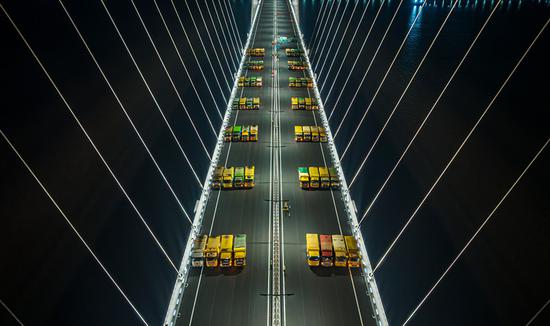
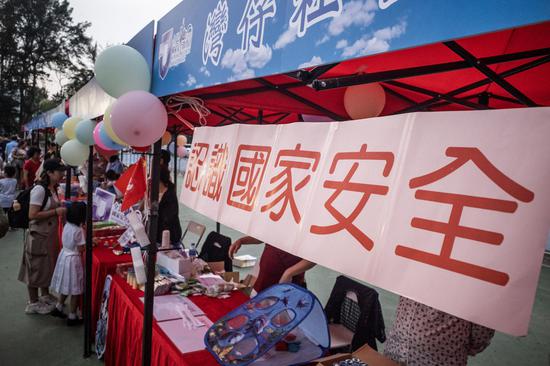





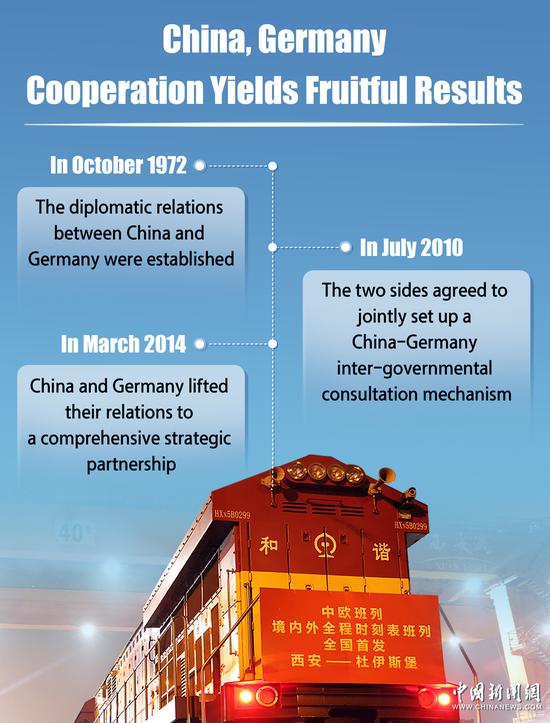



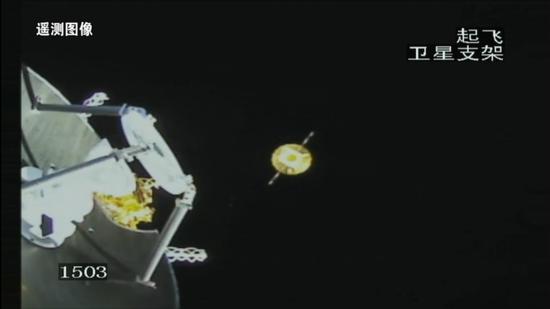
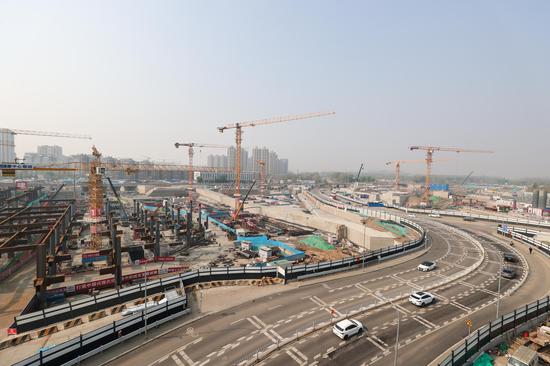


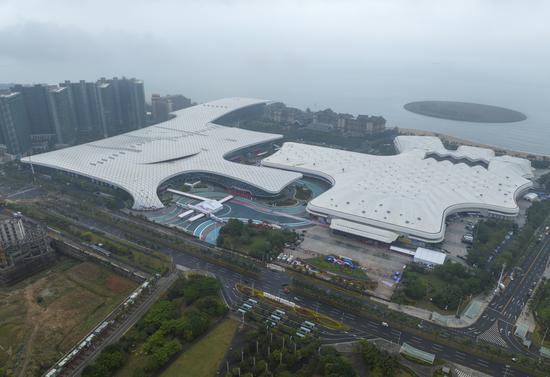




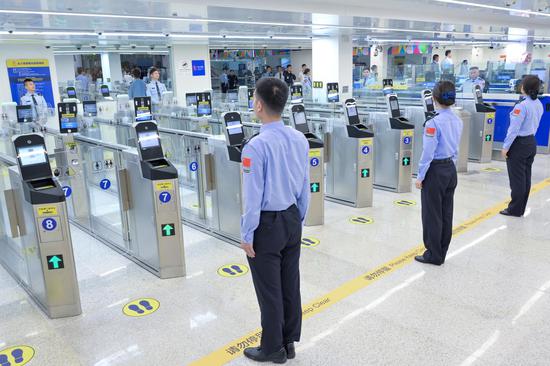




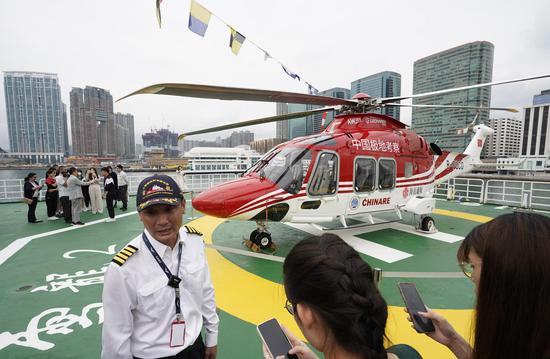






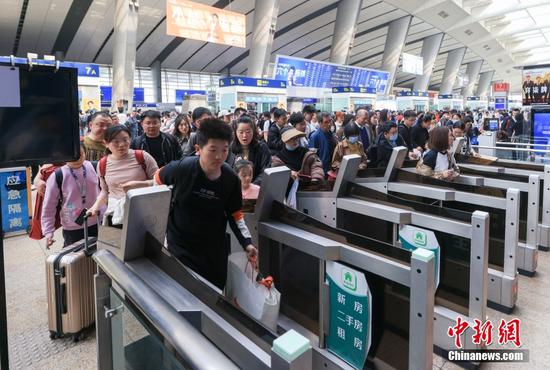
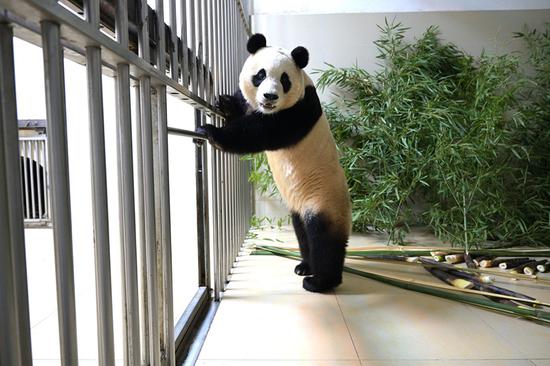

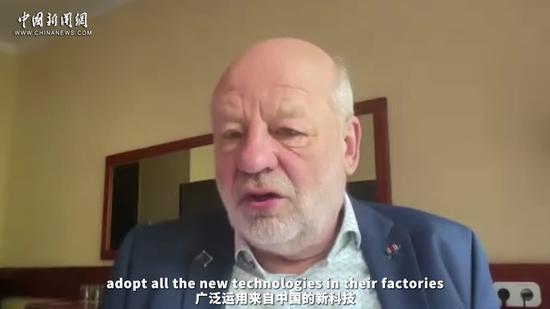



 京公网安备 11010202009201号
京公网安备 11010202009201号